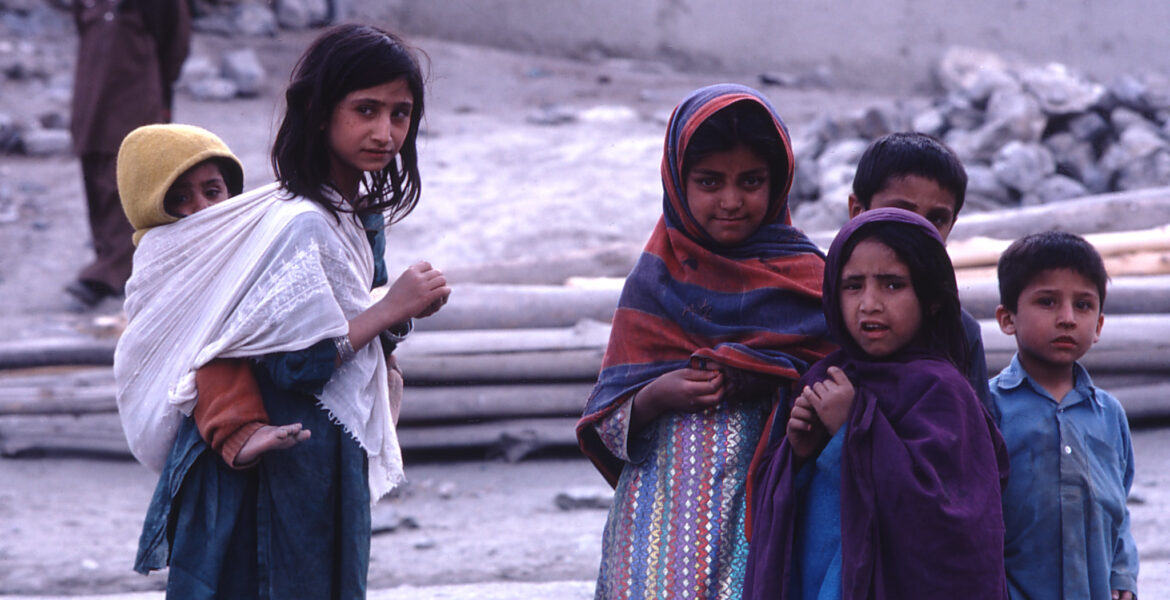Demands for unification with India in Gilgit-Baltistan are continuing as protests against the Shehbaz Sharif government in Pakistan refuse to die down.
According to Pakistani media outlet Islam Khabar, all provinces except for Punjab have shown willingness to separate from Pakistan in the past but none of them have desired to merge with India. This, however, seems to be changing as residents of Gilgit-Baltistan now want a merger with India as their country faces a severe economic crisis and heightened inflation, ANI reported.
Furious with the Pakistani regime which has been historically controlled by the military, the protestors are posting videos online where they can be seen raising slogans against the Sharif government and Pakistan Army. The protestors are also demanding that their region be annexed to Kargil which falls in the Ladakh region.
This comes after Pakistan-occupied Kashmir (PoK) activist Amjad Ayub Mirza revealed that the residents there are also ready to join India.
"People are out on streets because there is no food, there is no flour, and in PoJK, in one day, they have increased the price of wheat by Rs 1,200. People are fed-up. The government depots for flour are locked. There is no flour there. People in almost every city of PoK are protesting, even students, lawyers, civil society and women are protesting," Mirza said in a video message.
One of the reasons apart from rising inflation and high taxes on basic necessities, the ignorance of Pakistan's government toward the people of PoK and Gilgit-Baltistan is also the reason behind their preference for India. Pakistan's mainstream media, however, has largely ignored such protests from areas that have been marginalised for over seven decades.
Pakistan's economy in shambles
Pakistan has a total of $274 billion in public debt and its foreign exchange reserve is just around $5 billion. Its economy suffered a major blow after the devastating floods in Sindh and Balochistan provinces.
Several nations such as France, China, Japan, the USA, and organisations like the World Bank, Asian Development Bank, the European Union and Islamic Development Bank have pledged $9 billion for rescue operations. Pakistan, however, faced another disappointment as the World Bank's additional donation of $1.1 billion has been delayed until the next fiscal year starting in 2024.

